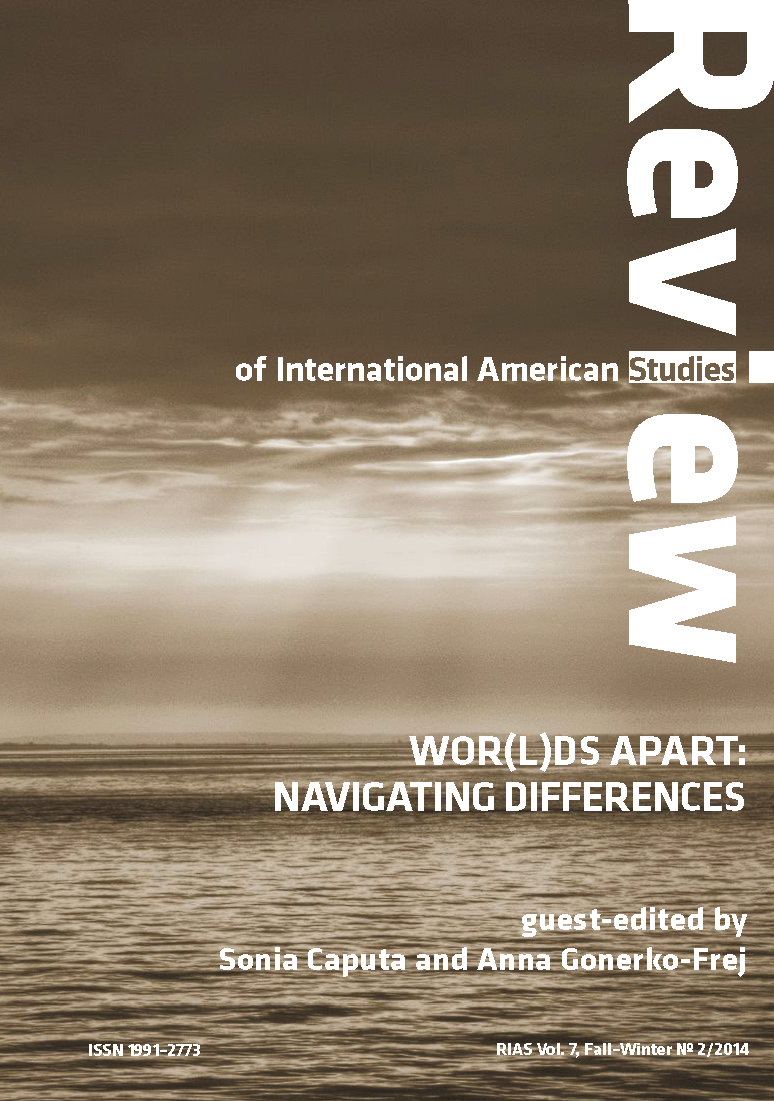The Cultural Logic of America’s Pivot to the Asia-Pacific
The Cultural Logic of America’s Pivot to the Asia-Pacific
Author(s): Lei ZhangSubject(s): Language and Literature Studies, Studies of Literature, Comparative Study of Literature, Other Language Literature, Culture and social structure
Published by: Wydawnictwo Uniwersytetu Śląskiego
Keywords: America; Asia-Pacific
Summary/Abstract: The past few years have witnessed the Obama administration’s rhetoric from ‘return to Asia-Pacific’ to ‘pivoting/rebalancing toward Asia-Pacific’ under which a comprehensive package of political, economic and military moves has been implemented, signifying America’s endeavor to shift its focus from the Middle East to Asia-Pacific. However, the notion of ‘America’s Pacific Century’ by Hillary Clinton and the strategy of ‘America’s Re-balancing toward Asia-Pacific’ evade the persistently long history of America’s dominance in Asia and the Pacific and America’s cultural representation and construction of Asia-Pacific as one region. by reading Obama’s foreign tactics toward Asia-Pacific as literature and tracing the translation of America’s cultural literacy of this region into policy, this paper treats Obama’s pivoting/rebalancing toward Asia-Pacific as a cultural heritage and historical continuity rather than a gravity shift in America’s global strategy. That is, such political trope and actions need to be scrutinized from a historical and cultural perspective and the cultural logic behind deserves a careful examination. To do so, I would examine the hegemonic vision and free-trade imperialism, historically upheld and culturally shaped by America, in the very ‘fashionable’ transpacific project promoted by US-TPP (the Trans-Pacific Partnership Agreement) in the climate of globalization and transnational capitalism. Also, the discourse of sublimity and American Orientalism should be evaluated in the course of America’s ambitious political engagement and aggressive military deployment in this region. In conclusion, the cultural logic of the current U.S. foreign policy toward Asia-Pacific is inextricable from the Imperialist Imaginary, American Orientalism and American Sublime, all of which but not limited to, render this rebalancing strategy problematic. Rather than dealing with a rising Asia, particularly being anxious about China’s threat, America needs a critical self-reflexive examination of its imperialist culture which has shaped the Asia-Pacific Other and translated into its current foreign policy toward Asia and the Pacific.
Journal: Review of International American Studies
- Issue Year: 7/2014
- Issue No: 2
- Page Range: 157-181
- Page Count: 25
- Language: English

